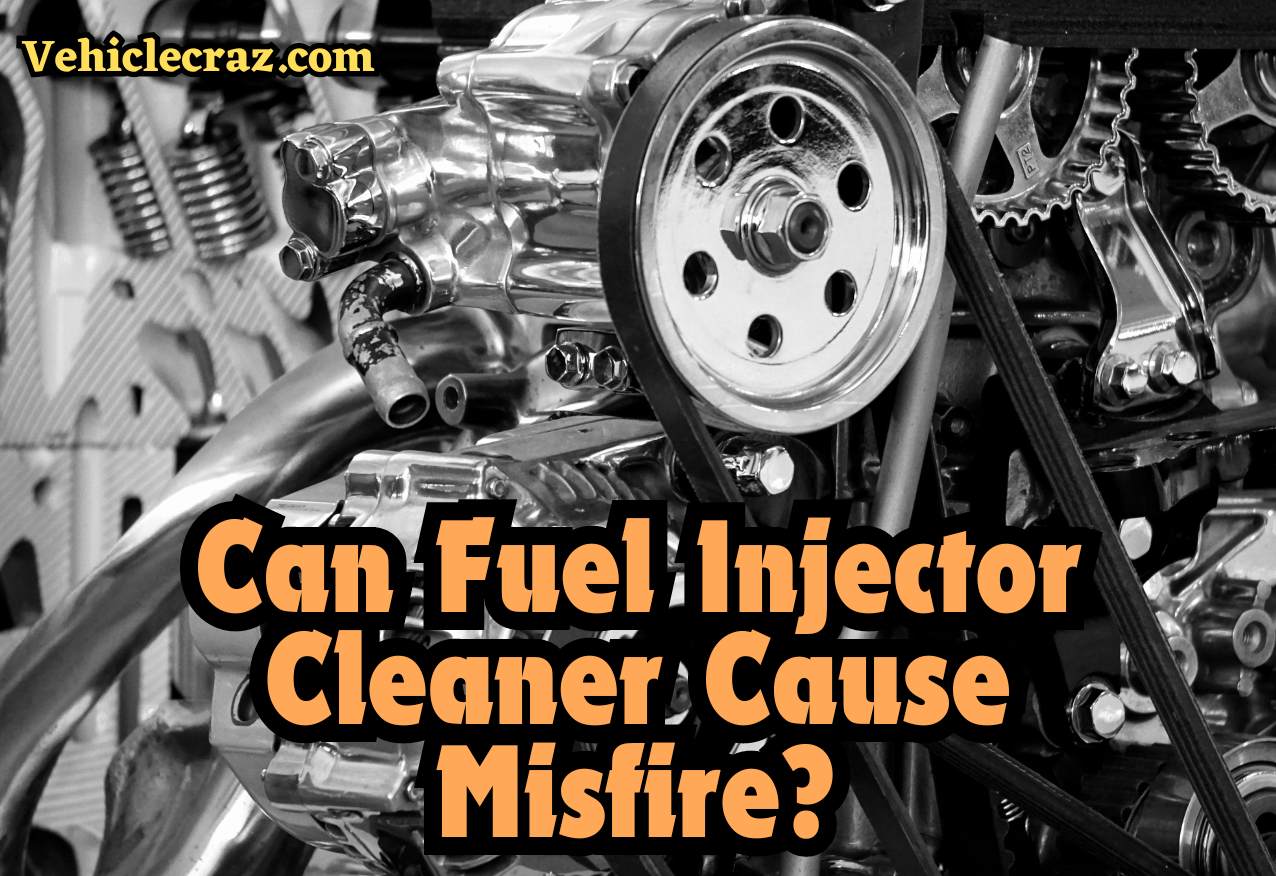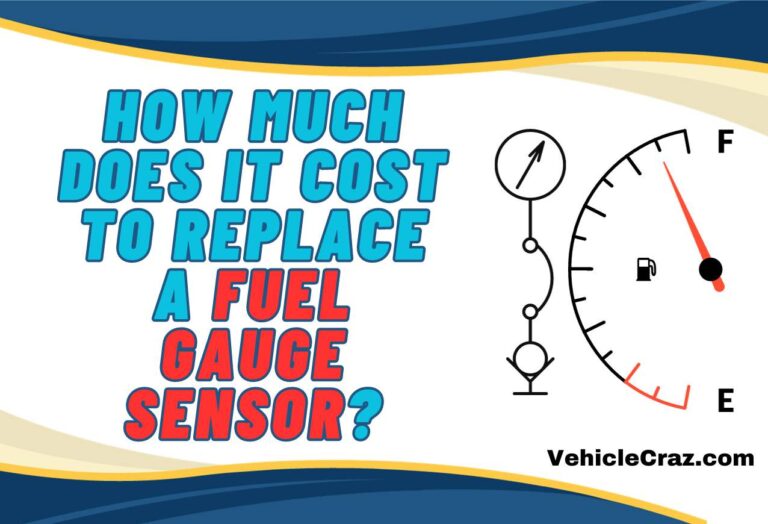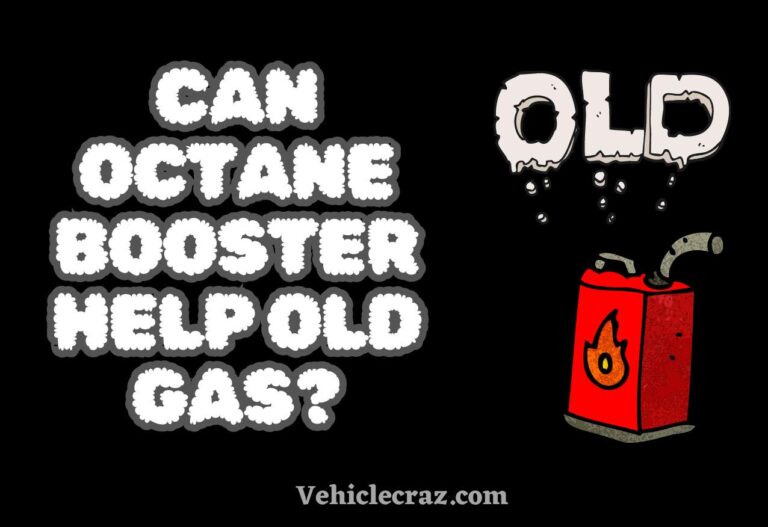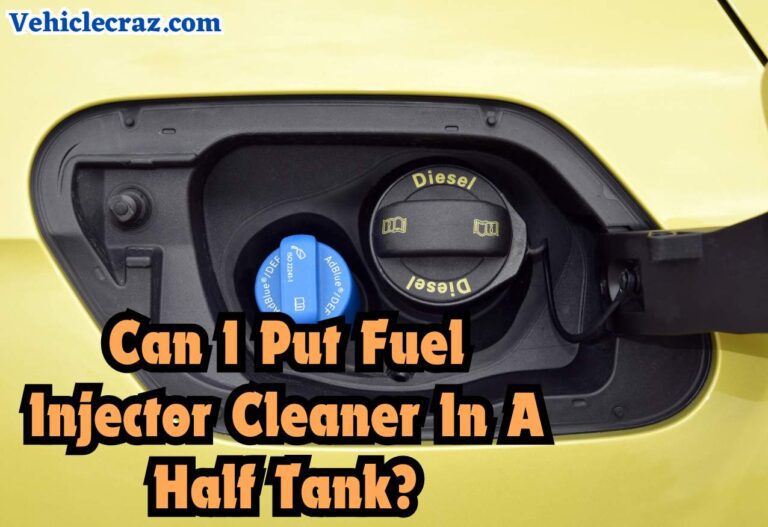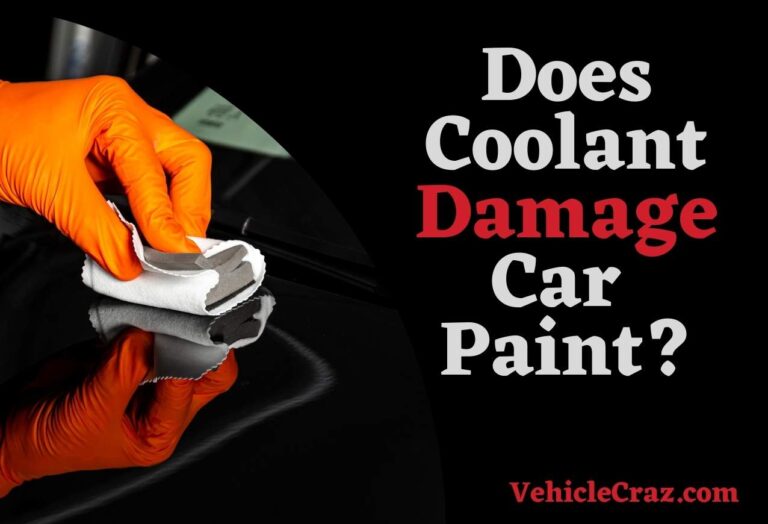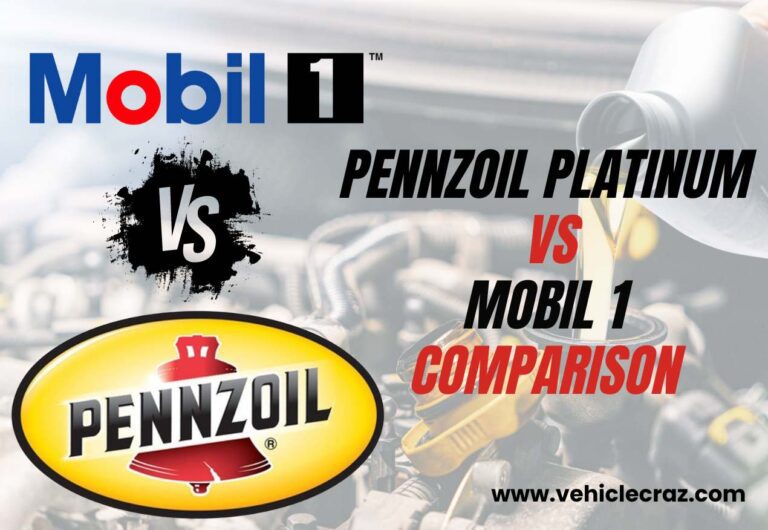Can Fuel Injector Cleaner Cause Misfire?
Are you experiencing a misfire after using a fuel injector cleaner or have heard about this potential issue and want to understand the possible reasons behind it? Can Fuel Injector Cleaner Cause Misfire? Yes, in some cases, using a fuel injector cleaner can cause a misfire. We will explain all behind this issue in this blog post.
What is an Engine Misfire?
An engine misfire occurs when one or more cylinders in an engine fail to ignite fuel at the right time and in the right way. This can result in a range of symptoms, including rough idling, a noticeable lack of power, hesitation or stumbling when accelerating, and in some cases, an illuminated check engine light.
Misfires can be caused by a variety of factors, including:
- Ignition System Issues: Problems with the ignition system, such as faulty spark plugs, ignition coils, or spark plug wires, can cause misfires.
- Fuel System Issues: Issues with the fuel system, such as clogged fuel injectors, a malfunctioning fuel pump, or a fuel pressure regulator problem, can lead to misfires.
- Air/Fuel Mixture Problems: An incorrect air/fuel mixture can cause misfires. This can be due to issues with the mass airflow sensor, oxygen sensor, or a vacuum leak.
- Mechanical Problems: Engine mechanical issues, such as low compression, a leaking head gasket, or a damaged piston, can also lead to misfires.
- Other Factors: Other factors such as carbon buildup on the valves, a dirty or clogged air filter, or even a malfunctioning engine control module (ECM) can also contribute to misfires.
Can Fuel Injector Cleaner Cause Misfire?
Yes, fuel injector cleaner can potentially cause a misfire, although it’s not very common if used correctly. Here’s a more detailed explanation:
Loosening Deposits
Fuel injector cleaners are designed to break down and remove deposits that can accumulate in the fuel system, including the fuel injectors. However, if the cleaner is too aggressive or if there are large deposits present, it can loosen them up in such a way that they partially block the injector nozzles or fuel lines. This partial blockage can disrupt the fuel flow, leading to a misfire.
Dislodging Large Deposits
In some cases, the cleaner can dislodge large deposits that then get carried into the combustion chamber. These deposits can interfere with the proper air-fuel mixture or block the spark plug, causing a misfire.
Incorrect Application
Using the wrong type of cleaner or using too much cleaner can also lead to issues. Some cleaners are designed for specific types of fuel systems or engines, and using the wrong cleaner can cause damage or misfires.
Pre-existing Conditions
If the engine already has underlying issues such as worn spark plugs, faulty ignition coils, or a weak fuel pump, using a fuel injector cleaner might exacerbate these problems and lead to misfires.
What to Do if Engine Misfires After Using a Fuel Injector Cleaner?
If your engine misfires after using a fuel injector cleaner, follow these steps:
- Discontinue using the fuel injector cleaner immediately to prevent further issues.
- Use an OBD-II scanner to check for any diagnostic trouble codes (DTCs) stored in the engine control module (ECM). These codes can help pinpoint the source of the misfire.
- Check the condition of the spark plugs. If they are fouled or damaged, replace them.
- Inspect the ignition coils for signs of damage or wear. Replace any faulty coils.
- Check the fuel injectors for proper operation and signs of clogging. Cleaning or replacing the injectors may be necessary.
- Inspect the fuel pump, fuel filter, and fuel pressure regulator for proper operation. Replace any components that are faulty.
- Inspect the air filter, mass airflow sensor, and throttle body for any issues that may be affecting the air-fuel mixture.
- If you’re unable to diagnose or fix the issue yourself, take your vehicle to a qualified mechanic for further inspection and repair.
How to Prevent Engine Misfires When Using Injector Cleaners?
To prevent engine misfires when using fuel injector cleaners, ensure you choose a compatible, high-quality product and follow the manufacturer’s instructions carefully. Use the recommended amount of cleaner and apply it correctly.
Regular use of cleaner can help prevent deposits from building up. Maintain your vehicle by changing spark plugs, air filters, and fuel filters as recommended. Monitor your vehicle’s performance closely after using cleaner and address any unusual symptoms promptly.
If your vehicle experiences frequent misfires, have it inspected by a mechanic to identify and address underlying issues. Continuing to use fuel injector cleaner without addressing the root cause of misfires may not be effective in the long term.
What Are Other Potential Issues That Can Be Caused By Fuel Injector Cleaners?
While fuel injector cleaners are generally safe when used as directed, there are potential issues that can arise in some cases:
Corrosion
Some aggressive cleaners, if used excessively or on incompatible materials, can cause corrosion in the fuel system components. This can lead to leaks and other fuel system problems.
Damage to Seals and Gaskets
Certain cleaners may degrade rubber seals and gaskets in the fuel system over time. This can result in leaks and other issues.
Catalytic Converter Damage
If large chunks of carbon or debris are dislodged by the cleaner and make their way into the exhaust system, they can potentially damage the catalytic converter.
Oxygen Sensor Damage
Oxygen sensors can be sensitive to certain chemicals in fuel injector cleaners. If the cleaner is not compatible or is used excessively, it can damage the oxygen sensor.
Engine Performance Issues
In rare cases, using a fuel injector cleaner can lead to temporary performance issues such as rough idling, hesitation, or stalling. These issues typically resolve once the cleaner has been fully consumed or diluted in the fuel system.


I’m Alex, a seasoned mechanical teacher with over 20 years of hands-on experience in Australia. My passion for all things automotive has driven me to establish this blog, aiming to share my wealth of knowledge and expertise with fellow enthusiasts, DIYers, and anyone keen on understanding the mechanics behind the machines we rely on daily.

